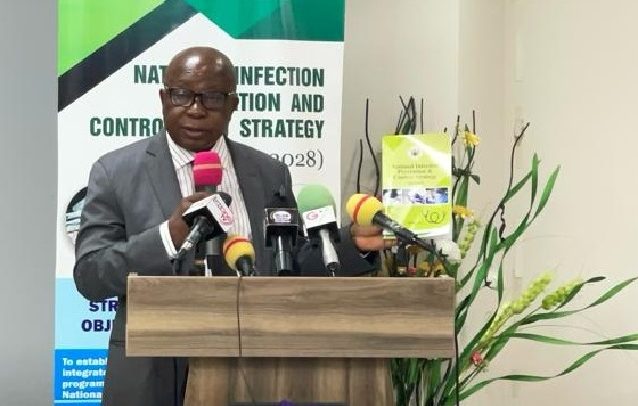
The government is to launch in June, this year, a national financial inclusion strategy aimed at making financial services accessible to all Ghanaians, a Deputy Minister of Finance, Ms Abena Osei Asare has said.
She said the strategy would address issues of soundness and stability in the financial market and oversee the deployment of financial infrastructure.
Experts say expanding financial services to a large number of people especially in the rural areas where over 60 per cent of the population are affected by poverty was a key way to promote inclusive development and reduce poverty.
Ms Asare said a focus on financial inclusion was a major way to bring more people into the financial system and that the collaborative effort of regulators and industry players was needed in pursuing this important national agenda.
“The financial inclusion strategy will also promote action and usage of quality financial services, strengthen financial protection and improve upon financial literacy and capacity,” she said at the launch of Equity Savings and Loans Limited (ES&L) in Accra.
Ms Asare said the government would partner the various stakeholders in the sector to successfully roll out the strategy for the development of a robust and efficient financial system.
Inclusive financial system
The Centre for Financial Inclusion defines financial inclusion as ‘the access to a range of quality services designed with the needs and aspirations of all people including the poor.’
These financial services and products should be designed to help the people meet their daily and lifecycle needs, build assets, protect lives, prepare for the future and realise their dreams.
An inclusive financial facilitates efficient allocation of productive resources and thus can potentially reduce the cost of capital, improves the day-to-day management of finances thereby enhancing welfare and enhances efficiency by providing avenues for secure and safe savings practices.
Equity Savings and Loans Limited
The company operates five branches in two regions and three more branches to be opened by the end of the second quarter. This will bring to eight the number of branches with three more to achieve the target of 11 branches by the end of 2017.
In an interview, the Chief Operating Officer of ES&L, Mr Isaac Kweku Arthur, said that the company had developed unique investment products namely Equity Platinum and Equity Reward accounts, Equity Bonus Plan and the Fisherman Life Insurance Scheme (FLIS).
“This is an insurance embedded product which actually helps the fisher folk that even as they save with us it is able to serve as collateral to access funding for their businesses and then also they get interest on the savings,” he said.
On the vehicle maintenance loan, he said the uniqueness of it was that one do not need to save with the company to benefit from it and one was also given flexible payment terms.
Mr Arthur said that the government as the key driver of the economy would have to do more to reduce inflation further and then also drop the interest rate.
“If interest rate and inflation go down, they afford businesses the opportunity to be able to mobilise relatively cheaper funds which will be better placed to also on lend at a reduced rate,” he said.
He added ES&L would continue to transforming businesses as its primary objective.
With a current capital base of GH¢18.3 million, Equity’s deposit base increased from GH¢7 million to over GH¢25 million and its customer base increased from 3000 to over 6000 as at the first quarter of this year.
The government is to launch in June, this year, a national financial inclusion strategy aimed at making financial services accessible to all Ghanaians, a Deputy Minister of Finance, Ms Abena Osei Asare has said.
She said the strategy would address issues of soundness and stability in the financial market and oversee the deployment of financial infrastructure.
Experts say expanding financial services to a large number of people especially in the rural areas where over 60 per cent of the population are affected by poverty was a key way to promote inclusive development and reduce poverty.
Read Full Story






















Facebook
Twitter
Pinterest
Instagram
Google+
YouTube
LinkedIn
RSS